On June 24, 2025, a Republic, Missouri, man was indicted for attempting to destroy a Greene County Sheriff’s Office drone, highlighting growing concerns over drone interference. Franklin E. Brownlee, 40, faces federal charges that could set a precedent for regulating drone-related crimes, according to the Springfield News-Leader. This case underscores the increasing need for robust drone security measures as their use in law enforcement expands.
Charges and Incident Details
Brownlee faces three federal charges: attempted destruction of an unmanned aerial system, unlawful possession of firearms while using controlled substances, and transmitting threats to injure law enforcement. The indictment alleges that on March 27, 2025, he targeted a sheriff’s office drone, though specific methods—such as shooting or electronic interference—were not detailed in the source. Additionally, Brownlee allegedly possessed a Glock pistol and a Remington shotgun while under the influence of a controlled substance, amplifying the severity of the charges. His initial court appearance occurred in Springfield, Missouri, with no trial date yet set.
Implications for Drone Operations
Drones are increasingly vital for law enforcement, used for tasks like surveillance, search-and-rescue, and crime scene mapping. The Greene County Sheriff’s Office, like many agencies, relies on unmanned aerial systems for efficient, cost-effective operations. However, incidents like this expose vulnerabilities. Interfering with a drone, which can operate at altitudes up to 400 feet, poses risks to public safety and disrupts critical missions. The Federal Aviation Administration (FAA) strictly regulates airspace, and tampering with aircraft, including drones, violates federal law, carrying penalties of up to seven years in prison. This case may prompt agencies to invest in anti-drone technologies, such as signal jammers or geofencing systems, to protect their fleets.
Industry and Regulatory Trends
The Drone Industry, valued at $33.9 billion in 2024, is projected to grow as applications expand. However, rising incidents of drone misuse—such as smuggling or unauthorized flights near sensitive areas—have spurred tighter regulations. The FAA and FBI are collaborating to address these threats, with investigations like Brownlee’s involving multiple agencies, including the Bureau of Alcohol, Tobacco, Firearms and Explosives. “The case was investigated by the Greene County Sheriff’s Office, the Bureau of Alcohol, Tobacco, Firearms and Explosives and the Federal Bureau of Investigation,” the Springfield News-Leader reported, emphasizing the coordinated response. Such incidents may accelerate the adoption of drone tracking systems and stricter penalties for interference, balancing innovation with public safety.
Looking Ahead
Brownlee’s indictment signals a firm stance against drone tampering, particularly when it endangers law enforcement operations. For drone professionals and recreational pilots, this case serves as a reminder to adhere to FAA guidelines, including maintaining line-of-sight and avoiding restricted airspace. As Drone Technology advances, operators must stay informed about evolving regulations to ensure safe and Legal use. The outcome of this case could influence future policies, potentially increasing scrutiny on drone ownership and operation nationwide.
Discover more from DroneXL.co
Subscribe to get the latest posts sent to your email.

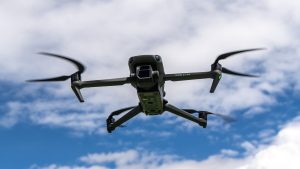

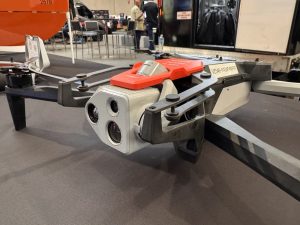
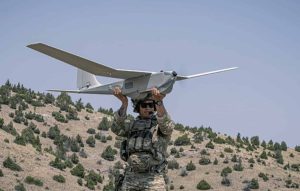


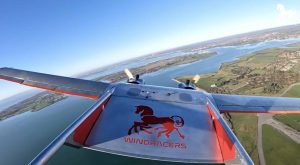
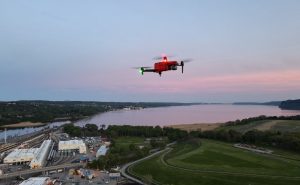
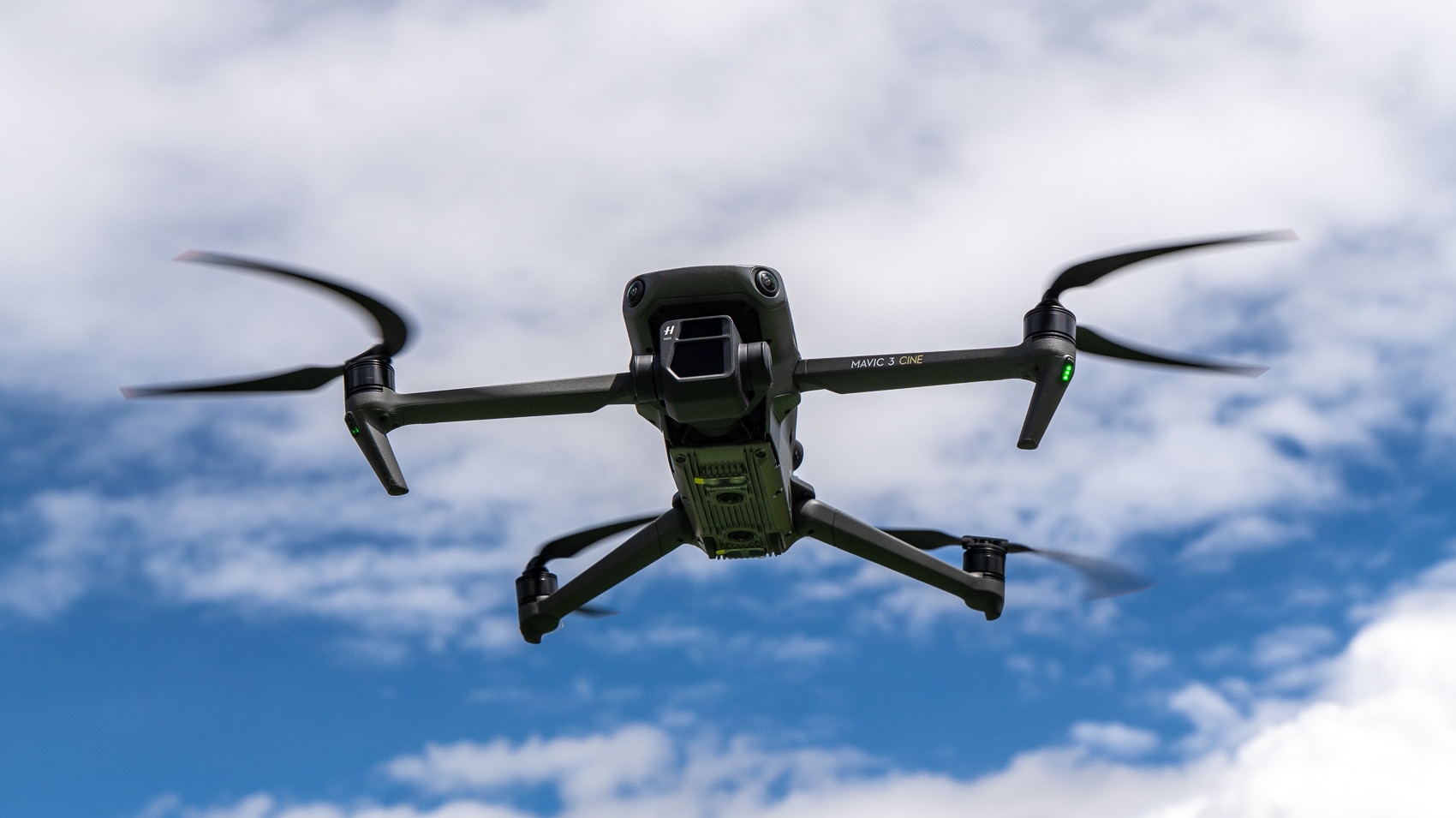
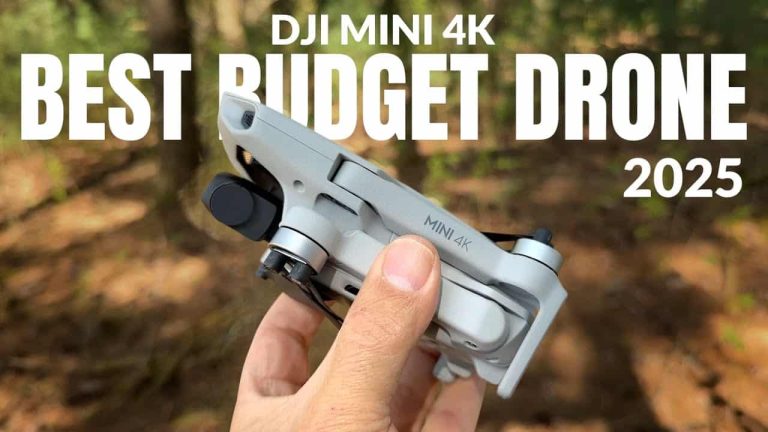

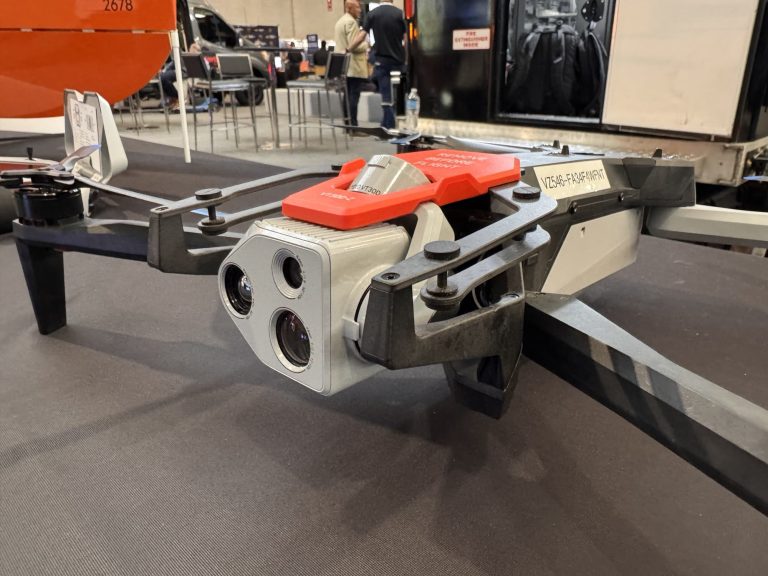
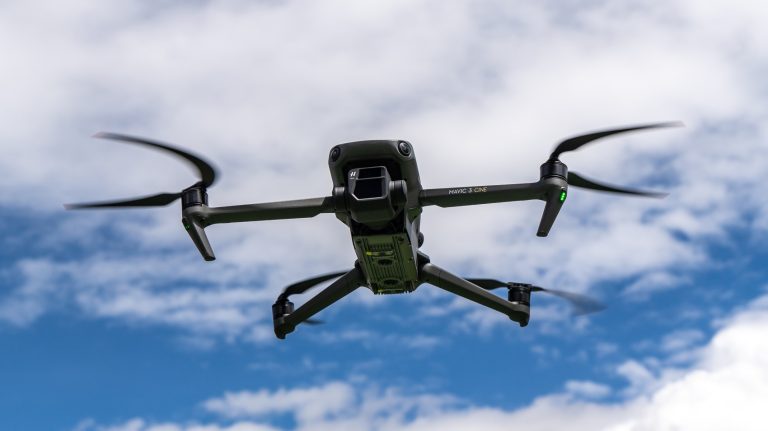
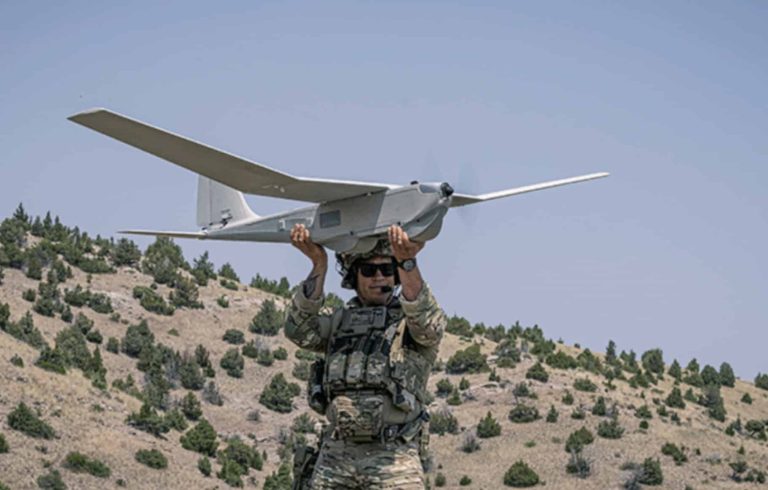


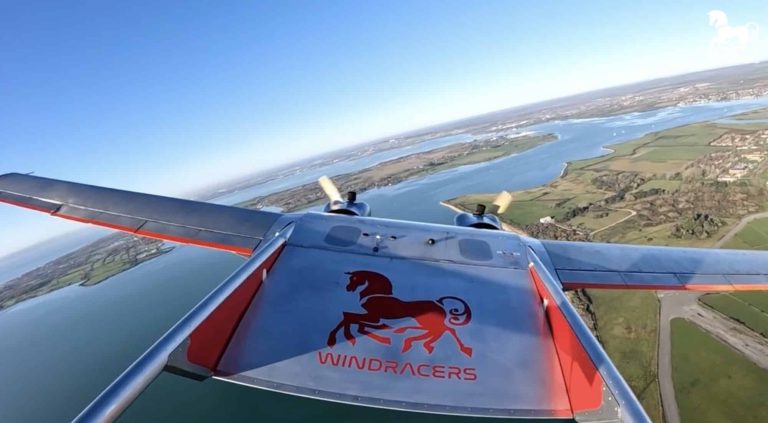
+ There are no comments
Add yours